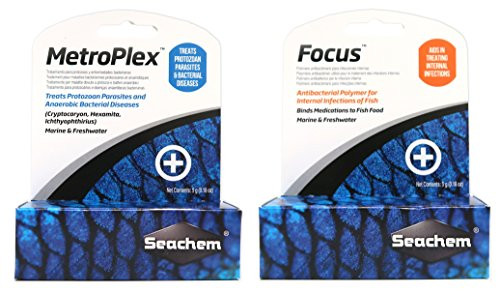calcification is a concentrated (140,000 mg/L) optimized blend of ionic and bioavailable gluconate-complexed calcium designed to restore and maintain calcium to levels found in natural seawater, without affecting pH. These two forms of calcium are combined in calcification to provide the hobbyist with a convenient way to ensure peak coral growth and health. Ionic calcium is readily available, while the gluconate-complexed calcium confers several benefits. The uncharged calcium in calcification is readily absorbed with less physiological work than is required for the absorption of ionic calcium. Using calcification, it is not necessary to maintain the excessively high concentrations of calcium (about 450 mg/L or more) often recommended by others. In fact, excellent growth of corals and coraline algae is achieved with total calcium concentrations as low as 380 mg/L. Used up to four times recommended maintenance dose, the gluconate polymer will not accumulate or encourage the growth of undesirable algae. The polymer itself is bene?cial as a food source not only to the corals and other invertebrates, but also to denitrifying bacteria, actually promoting the natural anaerobic denitri?cation process in live rock and other substrate. Furthermore, the use of this gluconate polymer allows calcium, strontium, and magnesium to be utilized more readily than they would otherwise and also helps to stabilize them in solution without depleting alkalinity. Some prefer not to use complexed calcium because of concern about adding organics to the aquarium. This is not a valid concern. The amount of organics added with complexed calcium is insignificantly small when compared to the organics released by most reef creatures, even in a no feed, no nutrients approach. Since complexed calcium products employ lactate or gluconate, the naive misconception that these products contain sugars has arisen. While these components are related to sugars, they are oxidized aldehydes and do not react or
Seachem AquaVitro Calcification 11_8oz
Was:
$52.70
Now:
$26.35
- SKU:
- V481800
- UPC:
- 000116755108
- Condition:
- New
- Availability:
- Free Shipping from the USA. Estimated 2-4 days delivery.







